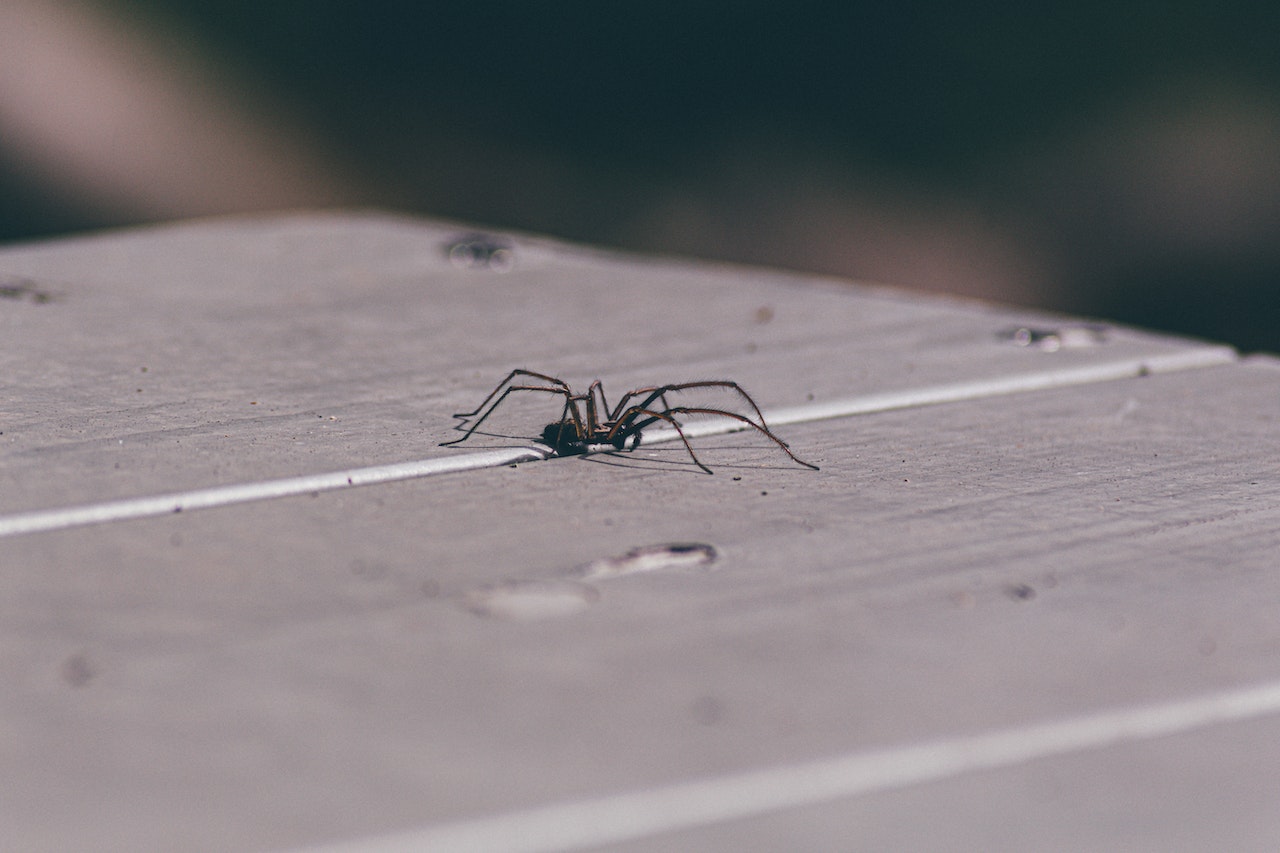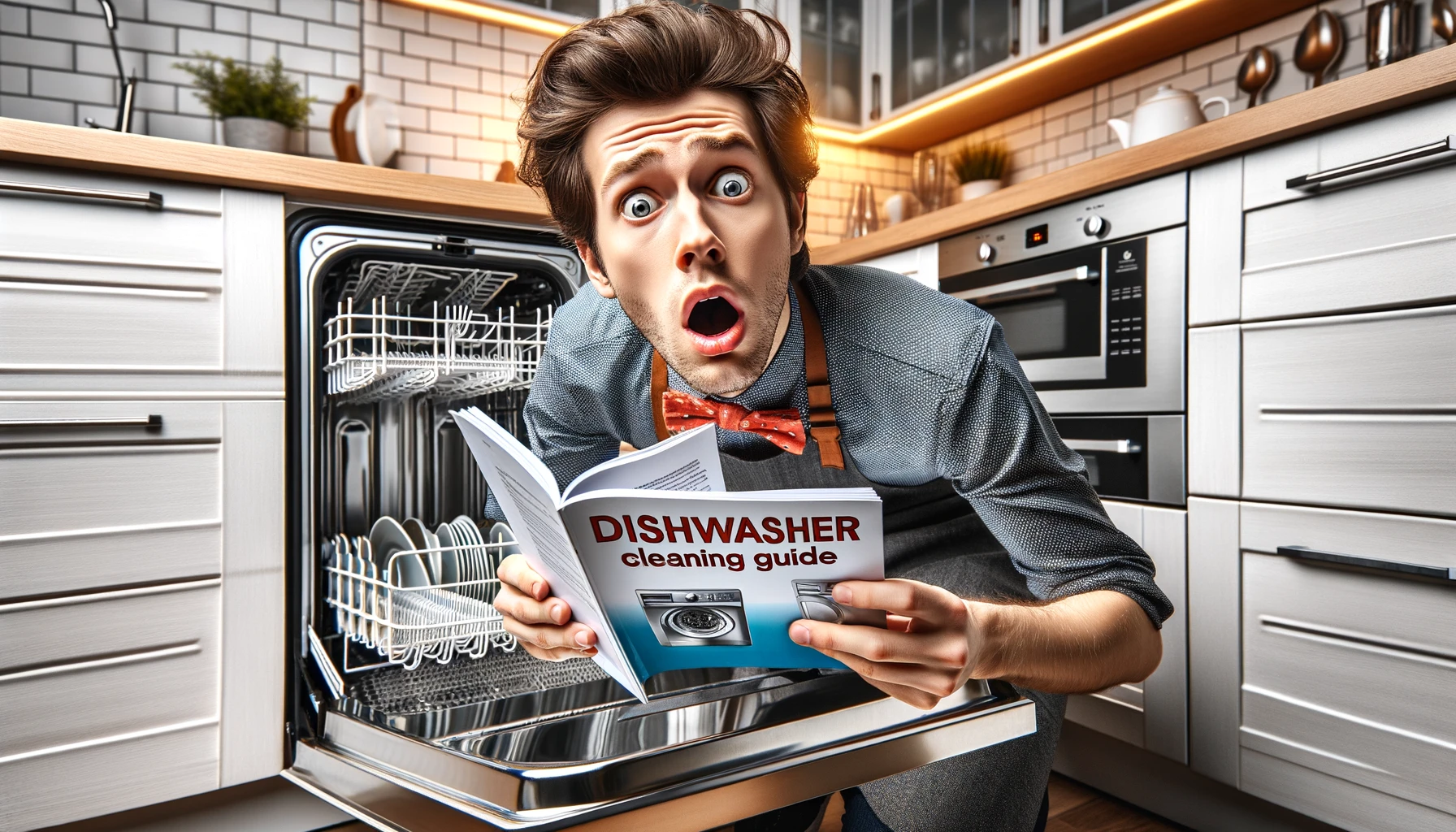Now, before we jump in, let’s make one thing clear: spiders are great, especially when they’re outside, where they belong. They eat other pests, spin intricate webs that inspire the designs of high fashion (okay, maybe that’s a stretch), and play crucial roles in our ecosystem. But when they decide to move into our living space uninvited? Well, that’s when the welcome mat gets pulled in.
If you’re one of those rare unicorns who loves sharing their personal space with these eight-legged freeloaders, then good for you! However, if you’re like the rest of us and would rather not find them chilling in your shower or giving you that judgey look from the corner of your bedroom, here’s the scoop on how to politely (and safely) evict them.
1. The White Glove Test
First off, let’s state the obvious. Clean your home! I get it, life gets busy and cleaning might fall by the wayside. But, believe it or not, your collection of dust bunnies and old pizza boxes might be the equivalent of a five-star hotel for spiders. Regularly declutter and clean up any areas where spiders might think it’s a great spot to hang their webbed hat. Those dark, neglected corners and piles of old magazines? Prime real estate.
2. Lights Out!
Apparently, spiders are not the only ones you’re entertaining at home. Spiders adore the little bugs that are attracted to your lights. So, the next time you’re enjoying a beautifully lit evening, remember you might just be rolling out the red carpet for a spider party. Try using yellow sodium vapor lights outside. They don’t attract as many bugs, meaning fewer free snacks for the spiders. And we all know how hard it is to stay somewhere when the food runs out.
3. Essential Oils: Not Just for Hipsters
The next time someone tries to sell you essential oils, don’t roll your eyes! Turns out, spiders aren’t fans of certain scents (probably because they haven’t opened their minds to the healing powers of aromatherapy). Lavender, peppermint, tea tree, and eucalyptus can deter these leggy visitors. A few drops in a spray bottle with some water, and voilà! You’ve got yourself a homemade spider repellent. Spray it around windows and doors, and watch as spiders say, “Nope, not today.”
4. Seal the Deal
One of the most effective ways to keep spiders out? Make your home Fort Knox. Check for any gaps in windows, doors, or walls and seal them up. It’s like putting a “No Vacancy” sign on your house. No room at the inn, spiders. It’s time to move along.
5. Nature’s Bouncers: Get a Cat
If you’ve been looking for a reason to adopt a cute furry feline, here it is. Cats are known to be quite efficient spider hunters. It’s a win-win: your spider problem goes down, and Mr. Whiskers gets a new toy to play with.
6. Vinegar: Not Just for Your Fish & Chips
The humble vinegar. It’s been there through thick and thin, making your meals tangier and cleaning, well, just about everything. And guess what? Spiders hate it. That’s right. A 50/50 mix of water and white vinegar can be a spider’s worst nightmare. Spray it in the same areas you would the essential oils, but maybe not at the same time unless you’re going for that ‘pickled mint’ scent.
7. Citrus Power
Much like their aversion to certain essential oils, spiders aren’t big fans of citrus. Lemon, lime, grapefruit – it’s all toxic to their social lives. Regularly rub citrus peels on your window sills, bookshelves, baseboards, and other hangout spots. Not only will it deter the spiders, but your house will also smell delightfully fresh.
8. The Old Chestnut: Chestnuts!
This might sound like an old wives’ tale, but there’s some evidence that spiders dislike chestnuts. Simply placing a few around your home, especially in spider-prone zones, might just do the trick. If nothing else, it’ll give your home a rustic, autumnal feel.
9. Desiccants: Because Spiders Hate Dry Skin Too
You know those little silica gel packets that come with your new shoes, which you’re NEVER supposed to eat? They’re desiccants, which means they keep things dry. Spiders are not fans of super dry environments. Sprinkling some diatomaceous earth (a natural desiccant) around potential entry points can deter spiders. It dries them out. Note: Always use food-grade diatomaceous earth, and be careful if you have pets.
10. Play Landlord and Evict!
Sometimes, despite your best efforts, a bold spider will waltz right in. Instead of squishing them (or screaming and jumping on the nearest chair), use the glass-and-cardboard trick. Trap them with a glass, slide some stiff paper or cardboard underneath, and escort them out. You can have a deep conversation about boundaries on the way.
11. Change Your Outdoor Lighting
Spiders adore hanging out near light sources since they know that’s where their next meal (a.k.a. other bugs) will be drawn to. If you position outdoor lights away from the house, like on the far edge of the garden or driveway, it can reduce the number of bugs (and thus spiders) near your home.
12. Limit Their Food Source
A spider’s main diet? Other bugs. If you can reduce the number of other pests inside your home, spiders will naturally look elsewhere for a buffet. Regularly empty bins, store food in airtight containers, and address other pest issues promptly.
13. Ditch the Plants Near Your Home
Spiders love to hang around plants, and if you’ve got a jungle right outside your window or door, you’re practically inviting them in for a cup of tea. Move plants a little further from your home, especially from entrances, to deter spiders.
14. Install Window Screens
If you enjoy letting in a cool breeze on summer nights but want to keep uninvited guests out, installing screens on your windows can be a game-changer. Just make sure they fit well and have no gaps or holes.
15. Regularly Check and Clean Hidden Spots
Remember that storage room you rarely go into? Or that basement corner behind the old exercise bike? Spiders love undisturbed spots. Regular checks and a quick vacuum can keep these areas spider-free.
16. Educate Yourself
While most spiders are harmless and prefer to stay out of your way, it’s a good idea to familiarize yourself with the common spiders in your area. Know which ones might be dangerous and what they look like. Knowledge is power, even in the world of spider eviction!
In conclusion, remember that while spiders have their place in the world, it doesn’t have to be in your living room. With a combination of clever tricks, a keen sense of observation, and perhaps a touch of spider empathy, you can maintain a happy, harmonious, and predominantly spider-free home.
Oh, and if all else fails? Consider moving to Antarctica. Last I checked, spiders aren’t too fond of the cold either. Good luck!
FAQ: The Spider Conundrums Answered
Absolutely not! Most spiders are more afraid of you than you are of them. They’re just looking for a quiet corner to set up shop and catch a few bugs. Remember, you’re the giant in this relationship.
Depending on where you live, very few spider species are harmful to humans. The most notorious ones include the Black Widow and the Brown Recluse. However, always consult local resources to identify dangerous spiders in your area. Most spiders just give a bite similar to a mosquito bite, if they bite at all.
Yes, spiders are excellent pest controllers, feasting on mosquitoes, flies, and other nuisances. If you can tolerate their presence, they can be helpful houseguests. But if you’d rather not share your space, there are other ways to manage pests.
A regular cleaning routine, say once a week, will help. Focus especially on less-frequented areas and ensure you’re dusting and vacuuming corners, behind furniture, and other hidden spots.
Some spiders might be stubborn and try to return, especially if it’s a particularly cozy spot. Regularly cleaning and using repellents can discourage repeat offenders.
While there are chemical solutions available, they might not be the best first choice. They can be harmful to both the environment and the inhabitants of the house, including pets. Natural repellents and preventive measures are often safer and just as effective.
First, don’t panic. Most spider bites are harmless. Clean the area with soap and water and apply an ice pack to reduce swelling. If you experience severe symptoms, like difficulty breathing, chest pain, or if the bite area turns necrotic, seek medical attention immediately. If possible, capture the spider or take a clear photo for identification.



